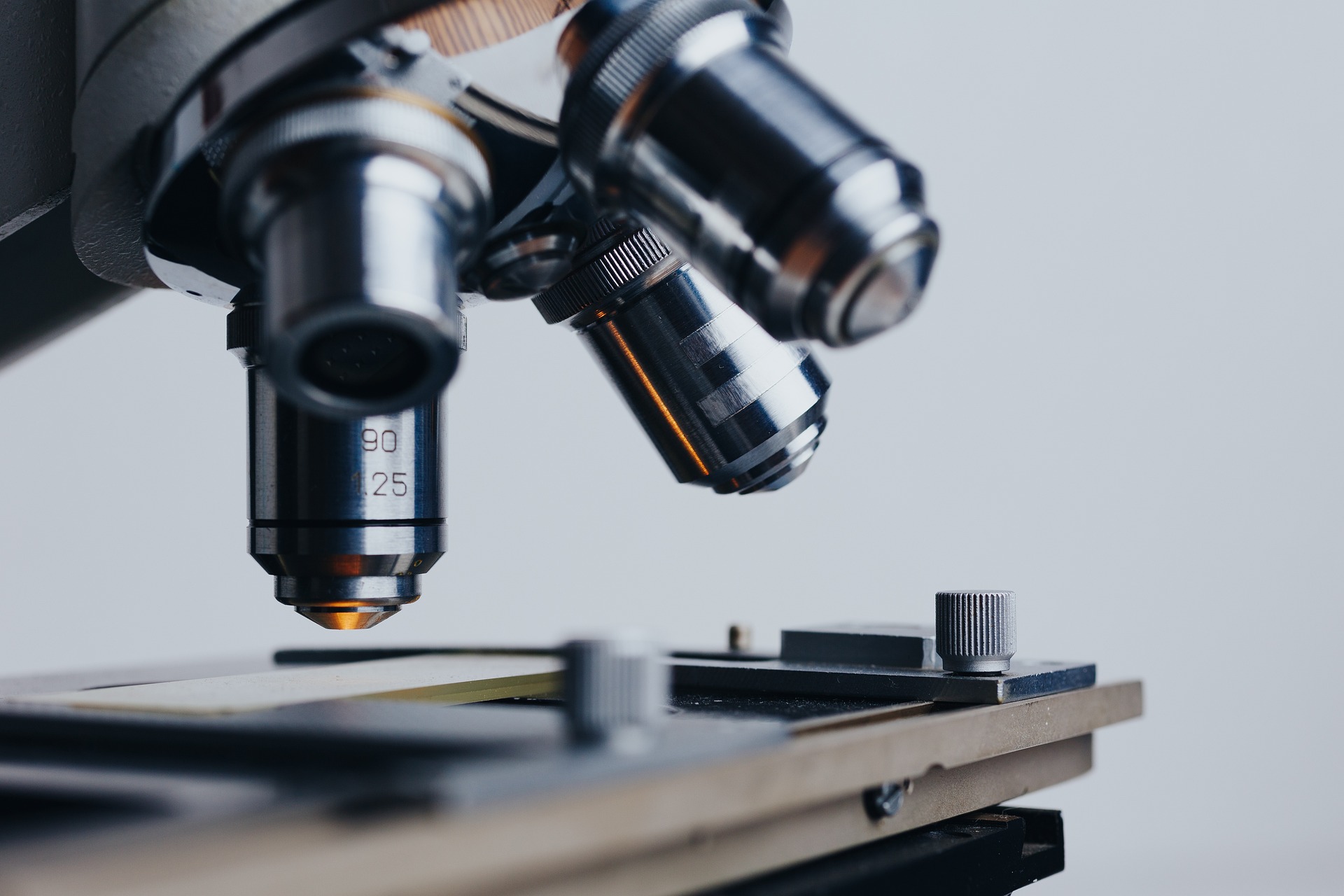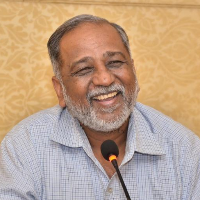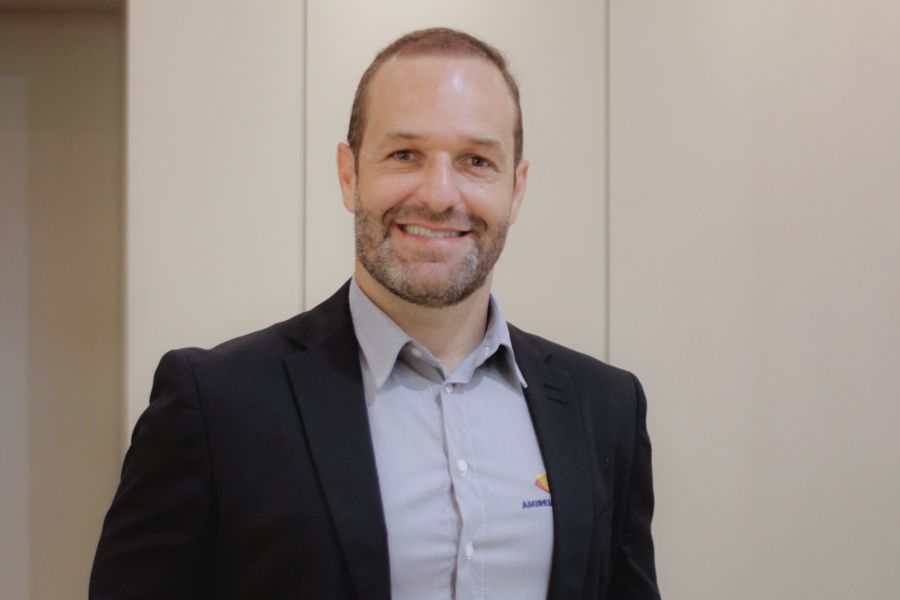Need for medical devices industry to align with global norms
The Indian medical device market is relatively smaller than other overseas markets but holds significant growth potential. But to fully capitalize on this potential, it is crucial to assess the country’s compliance with global standards and explore avenues for improvement.

Image Source: Pixabay
The Indian medical device market is relatively smaller than other overseas markets but holds significant growth potential. Currently estimated at US$ 11 billion, it is expected to reach US$ 50 billion by 2030, under the New Medical Devices Policy.
India’s medical device industry has experienced significant growth and the country is poised to become a key player in the global market. However, to fully capitalize on this potential, it is crucial to assess the country’s compliance in line with global standards and explore avenues for improvement. We need to ensure the adoption of international standards as national standards by BIS wherever available. This facilitates access to foreign markets, toys being the recent example.
Similarly, in the medical device industry, referencing international standards should be prioritized over national standards such as the Bureau of Indian Standards (BIS), until BIS adopts all international standards available.
Compliance to regulations is not solely about standards but also about effectively demonstrating adherence in internationally acceptable ways. The example of gold purity illustrates that the product standard remains the same globally, but with the demonstration of compliance not being internationally acceptable, India’s hallmarking scheme is unacceptable overseas.
To ensure the acceptance of regulated Indian medical devices worldwide, it is imperative to harmonize not only the standards but also the manner in which compliance is demonstrated. This calls for a comprehensive approach that encompasses both the standards themselves and the processes for assessing compliance. Fortunately, Medical Devices Rules, 2017 do rely on accreditation for notified bodies as well as laboratories which needs to be further leveraged.
Mutual Recognition Arrangements
Establishing mutual recognition arrangements (MRAs) with other countries is a viable option for facilitating exports, even when national standards are not at par with international standards. However, before pursuing MRAs, India needs to establish a robust system for certifying medical devices to global standards, if domestic standards are not global.
Examples of successful initiatives like APEDA’s organic system and the Export Inspection Council’s seafood certification showcase that the effectiveness of such systems in gaining international acceptance. The promotion of a certification program like ICMED 13485 Plus, which certifies compliance with global standards, can further enhance India’s export capabilities by being presented as a viable system to overseas regulators.
Addressing Laboratory Infrastructure
The availability of accredited laboratories is crucial to ensure proper testing and compliance verification of medical devices. While the requirement for accreditation exists, the shortage of labs poses a significant challenge.
In general, the private sector responds when there is demand for testing, for which the N95 masks are a good example. But there would be medical devices, especially complex ones, where there would be limited manufacturing in India and demand for testing would be low. This would not attract the private sector. To overcome this hurdle, the government should identify areas where private sector investment is unlikely and establish labs in collaboration with institutions like IITs and NIPERs without regard for returns like a commercial lab but as a national service. These labs should adhere to international standards, regardless of whether they are government-owned or commercially operated.
By ensuring the presence of reliable labs, both for domestic manufacturing and import surveillance, India can bolster its position as a globally competitive player. To sum up, to create a progressive medical device industry in India, a roadmap should focus on the following important areas:
- Emphasize International Standards, which prioritize compliance with global standards over national standards, positioning Indian medical devices as aligned with international expectations.
- Incentivize voluntary certification, which helps to recognize and reward manufacturers who voluntarily obtain certifications such as ISO 13485 or BIS certification or ICMED certification as per market need. These certifications, when partially or fully aligned with regulatory requirements, can reduce risk for regulators and help allocate resources more efficiently. This would be in line with global trend of taking cognizance of voluntary efforts of industry.
- Establish regulatory provisions, which will Integrate provisions into CDSCO regulations that acknowledge voluntary certifications and consider them as evidence of compliance. This approach reduces the burden on regulators, while encouraging industry participation in exceeding regulatory expectations.
- Strengthen Laboratory Infrastructure, which will help to identify areas with a shortage of labs and limited private sector investment potential. Support institutions like IITs and NIPERs to establish labs in these regions. Funding should be provided, and commercial returns should not be the primary focus to ensure the availability of reliable testing facilities.
Whiile India’s medical device industry has immense growth potential, realizing this potential requires prioritizing international standards, strengthening laboratory infrastructure, implementing clear action plans, and incentivizing voluntary certifications. By aligning with global norms and adopting best practices, India can position itself as a reliable and innovative hub for medical devices, fueling economic growth and improving healthcare outcomes both domestically and internationally.

The author is Anil Jauhri, Ex-CEO, NABCB, and co-chair, AMTZ Steering Committee for Voluntary Certifications. Views expressed are personal













Leave a comment